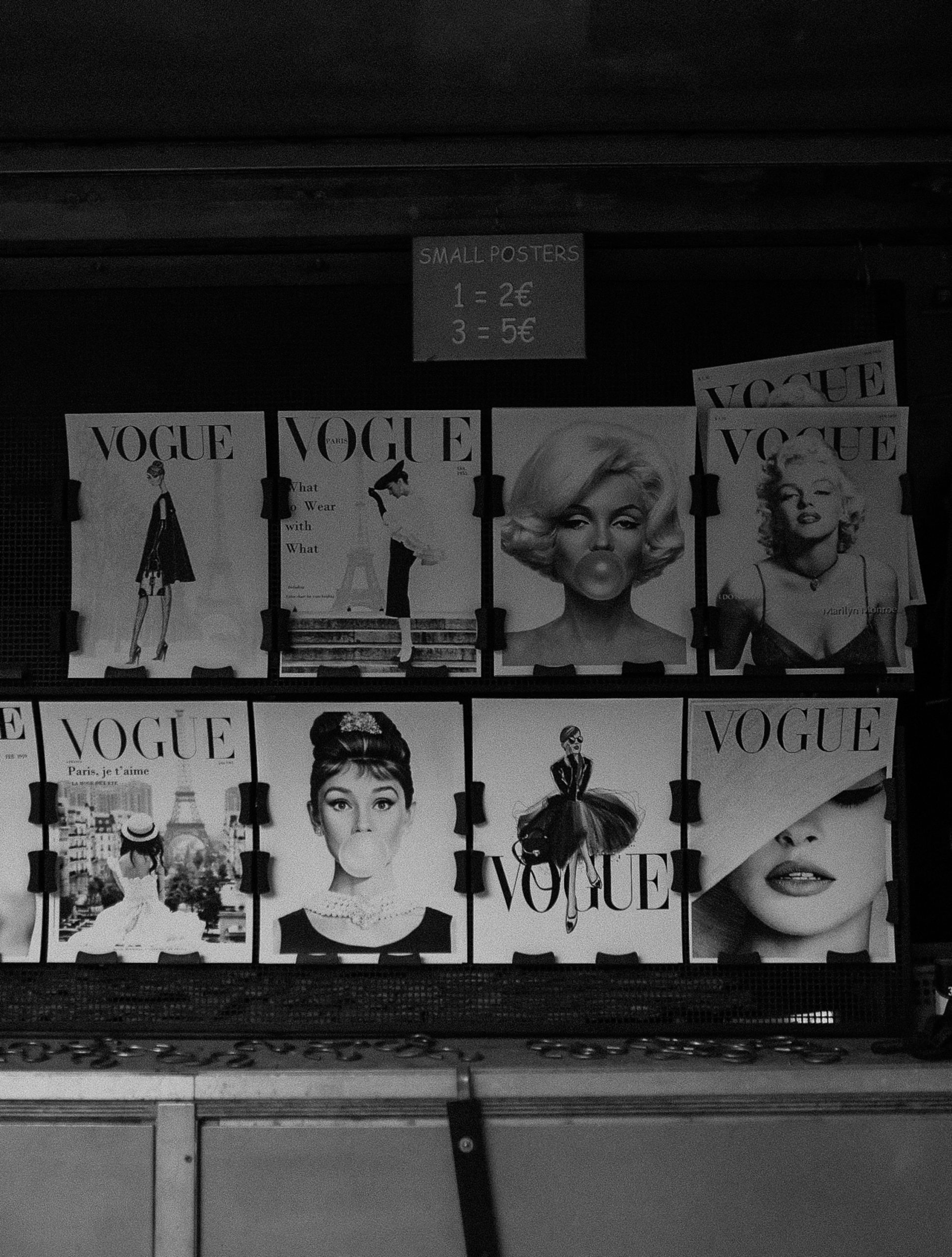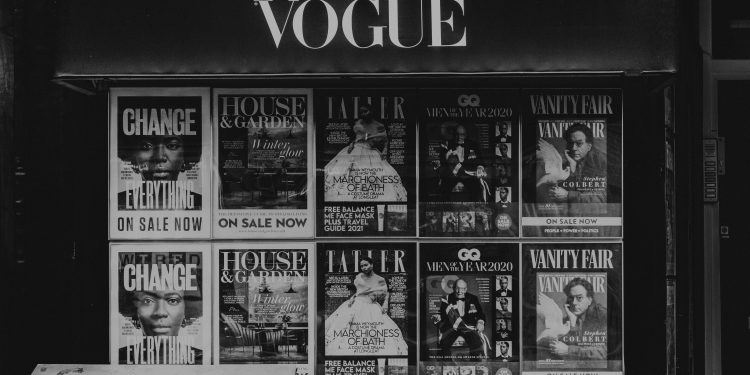The announcement that Chloe Malle will succeed Anna Wintour as the head of American Vogue is less groundbreaking and more a carefully managed succession plan designed to maintain the status quo of the company under a new face. At 39, Malle is not an outsider to the fashion editorial world as she’s a product of the very Vogue machine she now commands (she’s a loyalist who has been promoted from within after a 14-year apprenticeship).
While her appointment as ‘Head of Editorial Content’ is being marketed as a “new era,” the reality is far more complex. Wintour, the indomitable British-born magnate, isn’t technically leaving Vogue, she’s merely moving upstairs to her role as Condé Nast‘s Chief Content Officer, ensuring her influence will continue to loom over every photoshoot and headline.
The fundamental question that we should be asking therefore, isn’t whether Malle has the credentials (her work on vogue.com and securing the Naomi Biden wedding photoshoot proves she does) but whether she has the autonomy to truly redefine what Vogue means in an era of declining print relevance, digital saturation, and intense cultural scrutiny.

Why Malle Was the Safest Choice for a Wintour’s Successor
Condé Nast’s decision to appoint Chloe Malle is a way to mitigate risk (if any at all) because in their choosing a known entity, the publisher has prioritized stability over true innovation. Malle represents continuity. She understands the unspoken rules, the delicate politics of featuring top Hollywood celebrities like for instance; Lauren Sanchez and Jeff Bezos, and, crucially, she has already proven her allegiance to Wintour’s vision.
Her proven success with digital assets like The Run-Through podcast also signals a desire to modernize Vogue‘s reach without fundamentally altering its core, elitist identity it’s famously known for. For a company terrified of alienating its traditional advertiser base and aging readership, Malle was the safest possible bet Vogue could make.
The most implicating detail of this transition is what hasn’t changed a.k.a. Anna Wintour’s ultimate authority. By retaining her roles as ‘Global Chief Content Officer’ and Vogue publisher, Wintour will most likely ensure that Malle’s editorship exists only within strict boundaries. This means that every major cover star, every controversial feature, every significant hire will likely still cross Wintour’s desk. This arrangement will also allow Condé Nast to project an image of evolution and youthfulness while covertly ensuring that the power dynamics that have defined the company for decades are still intact.
I have to give it to them really. It’s a brilliant corporate strategy but a potentially limiting strategy for any editor hoping to put a genuine stamp on the magazine.
The Challenge Facing Malle as Vogue’s Editor in 2025
Malle’s most immediate challenge is a business model in an existential crisis. As we all know, print advertising has been on the decline for years and Vogue is not exempt from this. Its revenues from print are slacking but the story is not much different in the digital landscape as that one is a brutal battlefield for attention and revenue.
Simply put, being the editor of American Vogue is no longer the most influential job in fashion as that power has shifted to algorithm-wielding tech executives, TikTok influencers, and direct-to-consumer brands. With all these in mind, Malle must perform a high-wire balancing act, all of which can include curating a luxurious, aspirational print product for a dwindling number of subscribers and advertisers, while simultaneously competing for clicks in a digital arena that rewards outrage and accessibility over polish and exclusivity.
Her success as Vogue’s newest editor will depend on her ability to monetize Vogue’s authority in a way that doesn’t cheapen its brand. An almost impossible task in the current media environment if you ask me.

In Summary
Malle’s ascent to the top of American Vogue is a commendable feat. She has the pedigree, the experience, and the digital savvy to lead. But true success will require something far more difficult: the courage to step out from Anna Wintour’s long shadow and the full support of Condé Nast to redefine Vogue.
Will she be able to? The industry is watching.

















